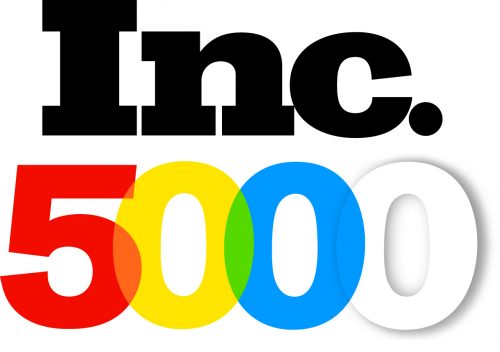Debt consolidation is used to improve financial problems for people with a lot of debts.
This is a good strategy to get your finances in order. This is one way to meet your financial goals over time. There are different types of debt consolidation.
So, it is important to ask “what does consolidation mean for me?” and figure out how it may impact your financial future.
Keep reading to learn what you need to know about consolidation and your financial situation.
What Does Consolidation Mean?
Debt consolidation is a simple process. This is when you take several debts that you have gained over time and put them into one debt. This is usually in the form of a loan.
For example, if you have a personal loan, a home loan, and several credit cards. These debts could be more manageable if put into one loan. This will reduce the amount you pay, reduce fees, and limit interest rates.
There are a lot of different types of debts that can be consolidated into one loan.
Credit cards, personal loans, medical bills, student loans, payday loans, and more. Using a debt consolidation loan can reduce financial stress and make debt easier to pay off.
There are a lot of things to know about debt consolidation. It is important to research debt consolidation options and do your research.
The goal is to improve your finances not to make them worse. So, having a good understanding is important before you start debt consolidation. Consider these five things about debt consolidation when deciding if it is right for you.
1. Common Types
There are several different types of debt consolidation loans. You might be able to use the equity in your own home if you have home equity. There are personal loans available if you have decent credit and can qualify for a loan.
Another option is debt consolidation. These solutionss specialize in debt consolidation and provide counseling and loans.
It is important to figure out what is the best options for your debts. Reviewing your budget and debts will help you figure out what type of loan will be the best fit.
Your ability to pay off the loan, types of debts you have and a credit will determine what loan is best for you. Doing your research on loan types is important to figure out your options.
2. How It Affects Your Debts
It is important to know that debt consolidation loans do not erase your debts. You still owe the money due on your debts you have only moved it around. It will save you money in the long run but the original debts you are still responsible for.
Debt consolidation saves you money by reducing your payments.
When you have five debts from five different companies you usually pay a higher payment. Consolidating them gives you one payment making it more manageable. You will also save money in interest fees.
If you have five loans each owing interest it can add up much fast than one loan.
3. Be Aware of Scams
Debt consolidation has become a popular solution and along with that comes scams. It is important to do a lot of research on your loan options.
Choose a company that is trustworthy and has a good reputation. Be aware of the interest rates on the new loan. If the interest rate is high then you may end up owing more than if you stuck with the original loans.
Choose a company that knows your goals and can help you meet them. Be aware of companies that push a loan that you can’t afford.
The last thing you want is to end up with compounded debts. Keep your budget in mind when you agree to a loan.
4. Make Your Payments
It is very important that you always make your payments and on time.
Before agreeing to take out a loan make sure you know what your budget is. Many loans have collateral so if you do not make your payments you may lose your home or other property.
Since this is a bigger loan you can end up in worse financial problems if you are unable to make your payments. Late fees and interest can pile up if you are late on payments.
Remember the goal is to make your finances better not worse. Do some work before you get a debt consolidation loan to outline your budget. Only take a loan if you know you can pay it back.
5. Consider Alternatives
If a debt consolidation loan is not an option for you then consider alternatives.
There are a lot of reasons debt consolidation isn’t a good option. There are other options though. Consider reaching out to your creditors and working with them
Many times a business will reduce the amount you owe.
There are debt resolution options that work with your creditors so that you can pay off your debts for much less than what was originally owed.
They work with your debts to develop a repayment plan usually over 12-48 months depending on your needs. Some solutions convert the debt into a loan after 6 months of payments where other will have you pay one monthly payment like a loan for all of your debts and they then pay off your debts in succession with your payment. It’s got the benefits of having one payment like a loan, but acts as an extension of credit with no upfront fees while you make your payments.
You could also create a budget and pay the loans on your own.
It may take longer and be more work but it is possible. Living on a strict budget and making payments can reduce debts over time.
Is Debt Consolidation a Good Option?
Debt consolidation can be a good option to help you reduce debts.
Consider the elements above and do research! Ask yourself what does consolidation mean for you and review the best options to make an informed decision best for you.
When you’re ready, feel free to contact us to learn more about how we can help.




